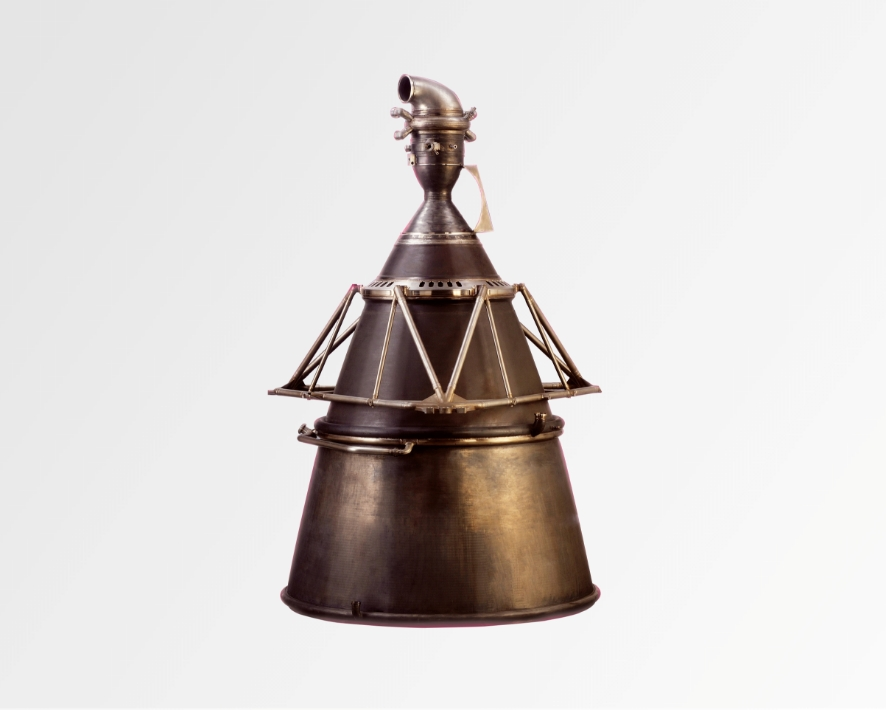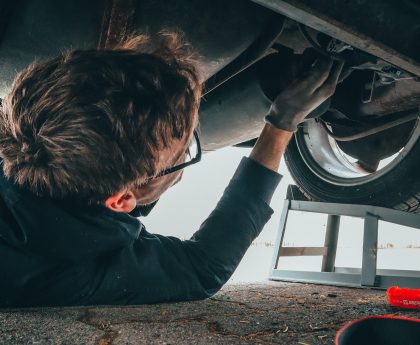In matters of aviation, safety and reliability are of prime importance. Whether you oversee military aircraft maintenance, operate a commercial airline or manage a fleet of private jets, the quality of your aircraft parts is crucial.
Opting for a suitable manufacturer can make all the difference in ensuring operations run smoothly. It also minimises downtime and prioritises passenger and crew safety. This comprehensive buyer guide dives into the essential questions you need to ask when choosing aircraft parts manufacturers.
1. What is the Manufacturer’s Reputation?
The reputation of an aircraft parts manufacturer speaks volumes about their quality and reliability. Look for certifications, awards, and customer testimonials. Also, conduct thorough research to gauge their standing in the industry. Additionally, consider factors such as how long they have been in business and their track record of delivering on time and within budget.
2. Does the Manufacturer Comply with Industry Standards?
Aircraft parts manufacturers manufacture parts such as aerospace valves to meet rigorous industry standards and regulations, ensuring airworthiness and safety. Before buying, enquire about the manufacturer’s compliance with the existing regulatory bodies such as the Federal Aviation Administration (FAA), the European Aviation Safety Agency (EASA), and the International Organization for Standardization (ISO). Verify that their facilities, processes, and products adhere to the necessary certifications and guidelines.
3. What Is The Scope Of Their Product Range?
Sift through the product range of the aircraft parts manufacturer to find out whether they sell the parts that you require. From avionics and landing gear to engines and structural components, ensure they can fulfil your needs. An extensive product portfolio shows adaptability and the ability to cater to various aircraft types and models.
4. Are Customisation Options Available?
Every aircraft may have unique requirements or modifications required by specialised operations or retrofitting. Inquire about the manufacturer’s ability to customise parts that fit your precise specifications. Flexibility in design, materials, and finishes can be invaluable in ensuring optimal performance and integration with existing systems.
5. What Quality Control Measures are in Place?
Quality control is non-negotiable when it comes to aircraft parts manufacturing. Learn about the manufacturer’s quality assurance processes, including material inspection, precision machining, and rigorous testing protocols. Ask for details on how they detect and mitigate defects, maintain traceability, and ensure consistency throughout production.
6. Where Are The Parts Manufactured?
The location of manufacturing facilities can impact lead times, shipping costs, and regulatory compliance. Inquire about the geographic location of the manufacturer’s production sites and distribution centres. Consider factors such as proximity to your operation, access to skilled labour, and geopolitical stability.
7. What is the Manufacturer’s Supply Chain Management Strategy?
A robust supply chain is essential for the timely procurement and delivery of aircraft parts. Gain insight into the manufacturer’s supply chain management practices, including sourcing raw materials, inventory management, and logistics capabilities. Evaluate their ability to anticipate and mitigate supply chain disruptions, such as raw material shortages or transportation delays.
8. How Responsive is their Customer Support?
Prompt and effective customer support is vital, especially in the event of urgent inquiries, technical issues, or unforeseen challenges. Evaluate the manufacturer’s responsiveness, accessibility, and communication channels. Consider factors such as the availability of specialised experts, warranty policies, and after-sales support services.
9. What Is Their Commitment to Sustainability?
Sustainability is crucial for businesses across industries in an increasingly environmentally conscious world. Inquire about the manufacturer’s sustainability initiatives, such as energy efficiency measures, waste reduction efforts, and use of eco-friendly materials. A commitment to sustainable practices demonstrates corporate responsibility and long-term viability.
10. Can They Provide References or Case Studies?
Request for references and review case studies of satisfied customers who have partnered with the manufacturer. Hearing about firsthand experiences and success stories can provide valuable insights into their capabilities, reliability, and customer satisfaction.
Conclusion
Choosing the most suitable aircraft parts manufacturers requires careful consideration of various factors, ranging from reputation and compliance to customisation options and customer support. By asking the ten questions outlined in this buyer’s guide and conducting thorough due diligence, you can make an informed decision that aligns with your operational needs and safety standards. Remember, investing in quality aircraft parts is not just a matter of compliance. It is a commitment to excellence and the safety of all those who take to the skies.




